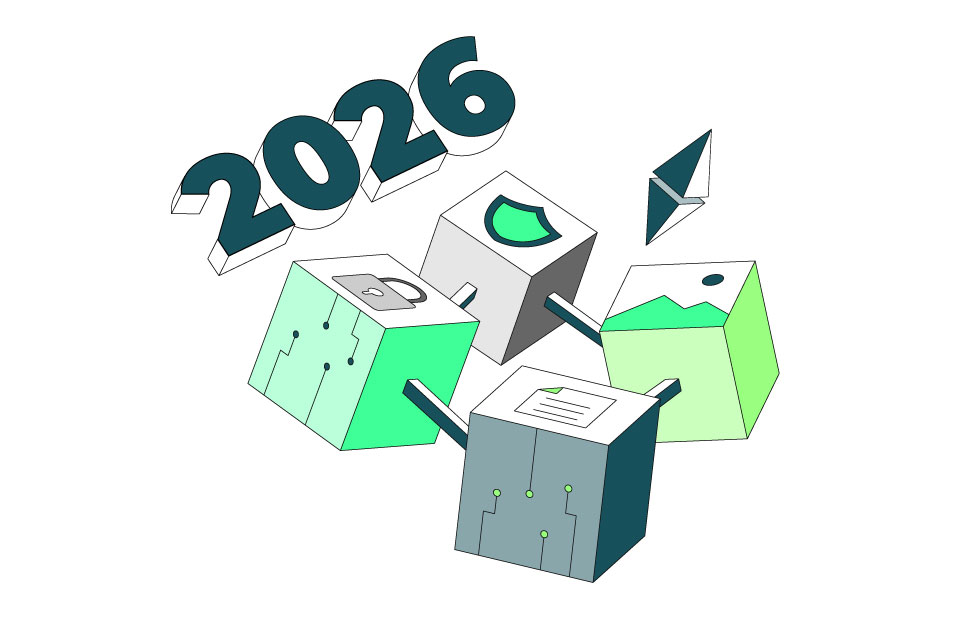By Jo Causon, CEO, The Institute of Customer Service
The UK has been living in lockdown for more than five weeks now. These are certainly extraordinary and challenging times. As individuals, as families, as businesses “we have had to adapt at almost every level.
The next stages are important: understanding this isn’t the end of Covid-19 but just the next phase I think is critical as it sets the right optics and encourages us to focus on what matters. As I keep reminding people, this is a marathon not a sprint.
But what have the learnings been so far and what are we likely to carry forward into the future on a long-term basis?
Remote working, flexibility and innovation
The first thing that really stands out is just how flexible and adaptable organisations “and colleagues “can be. The mass move to remote working has gone remarkably smoothly. Businesses achieved in a couple of weeks what might have taken a couple of years to plan and implement in a ‘normal’ project management environment! Of course, there have been some teething problems and early issues but overall it has worked and is proving viable. There will be enduring implications for working patterns and habits in the future.
However, we need to think about this in the round. We need human contact and that is very clear from our basic desire to be with each other. I believe we need to maintain a range of approaches and communication strategies to ensure we continue to involve everyone at the appropriate level. Video conferencing and remote working have a great role to play and will no doubt be used far more in the future but in my mind they do not remove the importance of coming together physically.
Alongside this, we have also seen some amazing examples of innovation and creativity as businesses have responded to the crisis and pivoted their operations to produce essential items such as hand sanitiser, face masks and other equipment urgently needed by the NHS, carers and other key workers. It has demonstrated the flair and enterprise that is built into the DNA of so many businesses.
Good governance and structure is required – bureaucracy is not
The changes organisations have made so quickly have no doubt also shown that some of the bureaucracy in place isn’t actually needed. So we could see a greater emphasis moving forward on pragmatic responsiveness to prevailing conditions at the expense of red tape and process.
That said, another lesson that has come through is that businesses do need an appropriate amount of governance and structure to be productive. It can’t just be a free-for-all. A laissez-faire approach to management doesn’t work. In this period “and at all times “it really is essential that there is clarity over who is taking responsibility for which actions and areas, and that there are mechanisms in place for regular reviews.
Honest, human communication with a balance of efficiency and rainy day reserves
Another absolutely key element is communication. In times of uncertainty, strong and clear messages across the business are more important than ever. These should be tied to what really matters for the organisation, linking to its core purpose and services, rather than giving knee-jerk reactions to every latest development or news report.
This is where communication links to leadership. Good leadership sets the tone and the direction for the business, and gets the balance right between being responsive to current circumstances and keeping a clear eye on the longer-term.
Indeed, this balance reflects a wider corporate necessity that I think has also been revealed during the crisis to date. Corporates are often obsessed with efficiency, leanness and meeting short-term targets (so as to satisfy shareholders and city analysts) “but the fact is that any business also needs to ensure it is conserving an appropriate amount of cash for a rainy day. I will be interested to see whether, post-crisis, businesses place more importance on building up reserves to protect themselves against future unpredictable shocks. I hope this will be the case.
Connection and community
At the same time, the crisis has also had powerful impacts on consumers and I think some of these will change the dynamics on a long-term basis. Even before Covid-19 hit us, increasing numbers of consumers were questioning whether they actually needed to buy and consume so much. This crisis will have reinforced to many that, indeed, they don’t need all of those things that previously seemed so essential. Do we really need the choice of 50 different coffees on our supermarket shelves? Less, as they say, is sometimes more “and it’s also better for the planet. The climate change agenda may have taken a back seat over the last couple of months, but there’s no doubt that many of us have noticed the benefits of cleaner air, quieter streets and more prominent (and adventurous!) wildlife. The environmental and sustainability agenda will emerge all the stronger from this crisis, I believe.
Despite all the self-isolation and staying at home, I also believe that many of us have actually begun to feel more connected to our local communities than before. Many people have got to know their neighbours, perhaps even for the first time! Keeping local has enhanced a sense of community. We have also learned to appreciate once again just how important our family and friends are, through all those Zoom calls and online catch-ups.
The phases of the crisis will be shades of grey, not black and white
These values are likely to affect how we live and behave as consumers. The unknown, as yet, is the degree to which they will stick, compared to the degree to which they will fade away once ‘normality’ returns.
For brands, the winners through this crisis will be the businesses that have thought about how they can help and guide their customers, rather than simply keep sales alive. The organisations that have served, not sold to, their customers will reap the long-term rewards “and also the ones that have supported their staff and shown real understanding of the impacts of the crisis on their wider lives and responsibilities.
There is one final area that I want to highlight “and that is tolerance. The fact is that sometimes businesses need tolerance from both their customers and their staff, as they won’t get things right every single time. What the pandemic has shown us to date is that tolerance “such as the public’s tolerance for lockdown “is closely linked to the degree to which people know and understand the direction of travel and the reasons behind it. It is having this knowledge and a level of confidence that helps us live with ambiguity, whether as citizens, customers or members of a team. This is an important and fascinating topic which could teach us many things when we look back on the course of the pandemic and its effects, in the years to come.”



